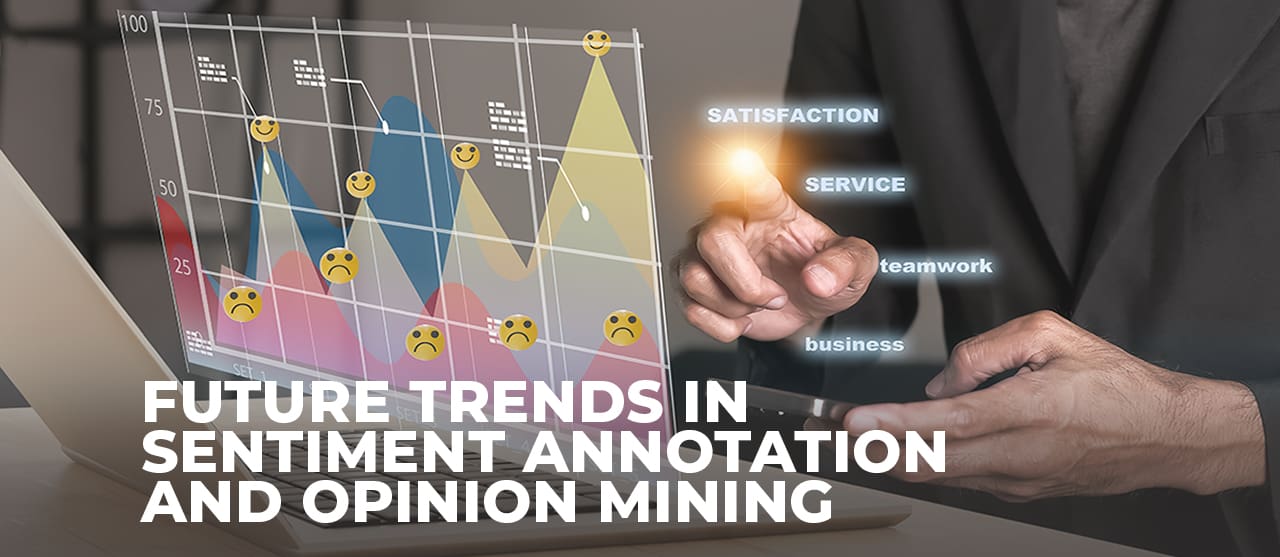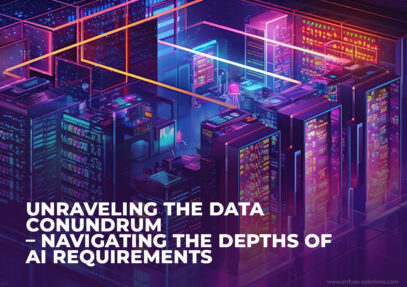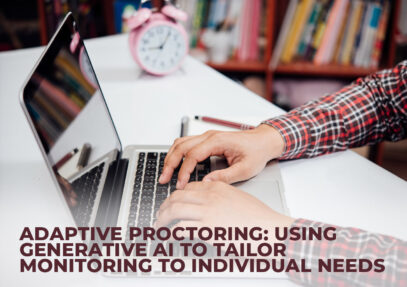
Business owners can no longer ignore what customers think about their products and services, which is precisely why sentiment analysis has gained popularity. For some time now, sentiment analysis has played the lead role in understanding the customer’s emotions. Among the latest techniques used in data or text annotation, sentiment annotation facilitates accurate analysis and comprehension of human sentiments in any written language.
Also referred to as opinion mining, sentiment annotation is a form of data annotation used to train AI models. Simply put, sentiment annotation is effective at labeling text that conveys a positive, negative, or neutral sentiment. However, simple text analysis has had its share of limitations and challenges in understanding the true customer sentiment.
So, what’s the way forward? Does the future of opinion mining lie in the use of technologies like deep learning and natural language processing (NLP)? Let’s explore this possibility.
Using Deep Learning & NLP In Sentiment Analysis
With the rapid proliferation of data, manual annotation methods are no longer sufficient in analyzing thousands of text pieces. Besides, they can be both costly and time-consuming. This is where deep learning and NLP technologies can play a crucial role. They can help automatically detect “emotions” behind any text. This includes the identification of surface-level emotions as well as those that are granular.
So, how do deep learning and NLP help in sentiment analysis?
Plugging sentiment analysis tools into a deep learning model can help leverage artificial neural networks to understand sentiments much like how humans do. Deep learning models can use NLP to break down language and understand it as a set of a subject, verbs, and objects.
As an example, consider the following customer sentiment:
I like the new product, but it operates a little slow, and I am not receiving customer support on the phone.
Using advanced NLP, deep learning models can break down this sentiment into opinion units (as underlined). After performing sentiment analysis on each opinion unit, here is the result it can deliver:
- Opinion Unit 1 – Usability – Positive sentiment
- Opinion unit 2 – Operability – Negative sentiment
- Opinion unit 3 – Support – Negative sentiment
Using this technique, organizations can effectively perform deep learning analysis across customer reviews, social media posts, and survey responses.
Deep Learning & NLP In Sentiment Analysis – Future Trends
Among the significant developments, deep learning and NLP technologies can analyze sentiments in multiple languages. This can help organizations to widen their insights into customer feedback and opinions. And this is particularly critical when we consider that businesses are going global and they require multilingual sentiment analysis to cater to different demographics better.
Besides, as sentiment analysis becomes more sophisticated, tools can identify and classify a wider range of human emotions, including joy, happiness, anger, and surprise. They can profoundly infer emotional cues from linguistic choices, such as the use of exclamations or all caps.
As AI-powered sentiment analysis continues to evolve, we could see more innovative applications across industry segments. Here are a few of the possibilities:
1. Predicting Stock Markets
Going forward, sentiment analysis tools will have easier access to data from market research, news articles, and social media posts. This can help companies predict the rise (or fall) of the stock market based on the general market sentiment.
2. Managing Brand Reputation
Advanced sentiment analysis can help organizations identify both positive and negative brand-related sentiments and manage their impact on brand reputation. For instance, they can identify social “influencers” to address and change negative sentiments.
3. Accurate Political Analysis
AI-powered opinion mining can uncover the public sentiments of political candidates during election campaigning. Sentiment analysis tools can analyze political opinions from data sources, including news articles, opinion pieces, and social media pages. Additionally, news organizations can analyze public sentiment about the candidate’s political views on specific issues like the economy, inflation, and corruption.
4. Reducing Employee Turnover
Using sentiment analysis, organizations can analyze employee feedback data to measure their job satisfaction levels. Detailed insights into employee sentiments can influence how employers engage with their workforce and keep them motivated.
5. Improving Sales Outcomes
With AI-powered sentiment analysis, sales organizations can finally look beyond sales-related metrics like page visits and product clicks. They can accurately track what customers want (or don’t want) through their sentiments.
Conclusion
With the advancement in deep learning and NLP technologies, sentiment analysis is no longer restricted to identifying keywords with positive or negative emotions. The future of sentiment analysis looks promising, with a range of business use cases now aimed at comprehending human emotions.
At EnFuse, we enable organizations to make the right decisions with their range of digital services via profound sentiment analysis. Our data annotation expertise allows us to capture and label data from various sources to bolster an enterprise’s machine-learning capabilities. Contact us to learn more about how we can help.

















Comment